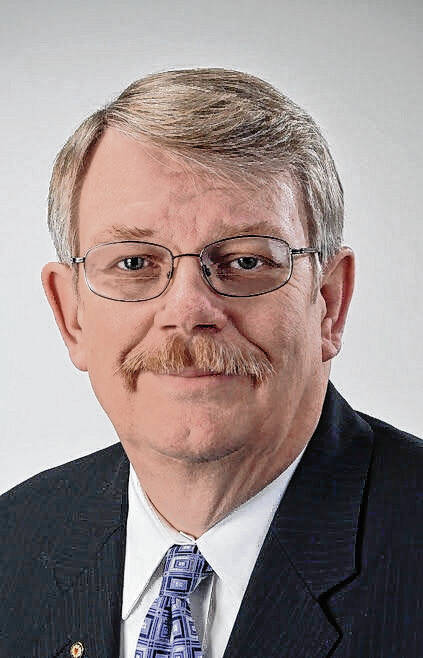Oscar Wilde: I wish I had said that.
James McNeill Whistler: You will, Oscar, you will.
I have mixed feelings about Oscar Wilde. He was witty, sure, but one senses that he was more impressed with himself than others were. Perhaps I am being unfair, but then Whistler’s retort suggests that Wilde’s contemporaries felt the same. Were some of Wilde’s bon mots, shall we say, recycled?
With a pervasive and ubiquitous internet recording at warp speed everything anyone says in our brave new world, I doubt we will ever hear an original quip again. No matter. I still find time well spent reading what others have to say. What I hope to find is not an original quote but a quote that stimulates an original thought in my mind.
Recently my daily reading of the Wall Street Journal offered me three opportunities for, if not original rethinking, at least fresh thinking on something already filed away in the dusty attic that serves with increasing defectiveness as my memory. The topics were mathematics and history, subjects I love but never studied in any formal sense.
“I had a bad attitude [about math in school]. I was a type of math punk.” This quote comes from a review of Alec Wilkinson’s book “A Divine Language” and describes my formal math education as well. I needed special permission from the dean of the business school to graduate with a major in economics although I had never taken the required calculus course. I proceeded to score in the 98th percentile on the graduate admission test’s mathematics section even though it was mostly trigonometry, another college class I never took. Bragging? Hardly. Embarrassed is more like it, especially after having to ask in a grad school quantitative class if zero were an integer. The professor refused to answer.
So I was definitely a math punk and suffer daily because of it. At least now I know what I was. For penance I will reread Euclid’s Elements but won’t try to solve his fifth postulate. And I will look for the Fibonacci sequence in the ineffable beauty of creation and pause to wonder about its perfectness.
But I still won’t take any college math classes.
“History is the teacher of prudence.” This one I found in the Journal’s weekend interview with Renaissance historian James Hankins. While I hated math courses, I loved the history ones…at least until I got to college and suffered through the two most boring classes imaginable. I quickly changed majors, the first of several times to do this, but never lost my love for reading history.
When I think about the future, I look to the past. Nothing that is happening today is brand new. The human race has always had a self-destructive gene. If you disagree, please point out a century, nation or people that was exempt from inducing its own ruin.
Hankins’ insight is incisively brilliant. We may study history but generally focus on the great events and the great people. I am guilty of this. Even when reading about failure or evil, and there is a lot that in human history, I never really considered that misery results from a lack of prudence. Think what a healthy dose of prudence would do for our vicious discourse today.
“Aspiring to a data-driven life risks leading us to focus too narrowly on what can be measured, rather than what matters.”
This quote, taken from another Journal book review, brings back memories of my professional life when the data-driven movement was still new. While I collected a lot of data and got quite proficient at database queries, I tended to use the data as validation for tentative decisions already made. Sometimes it prevented a bad decision but mostly it simply confirmed something I had deduced from observation tempered by decades of managerial experience.
A colleague’s mantra was “I need data!” That may have worked for him, serving in a staff advisory role, but I was a line manager who need intuition most of all. Fortunately, I had enough of it to generally arrive at the right decision. Also fortunate was the fact that my boss, the university chancellor, was forgiving of mistakes if you immediately owned up to them and corrected them. Most fortunate was that I had good department directors and staff who knew their business and freely spoke their minds.
Whether the data obsession came out of Deming’s Total Quality Management school, I don’t know, but it was useful when not worshipped. I trusted my staff’s intuition and my boss trusted mine. So is management an art or a science? Both, but the art is what counts.
Mark Franke, M.B.A., an adjunct scholar of the Indiana Policy Review and its book reviewer, is formerly an associate vice-chancellor at Indiana University-Purdue University Fort Wayne.





